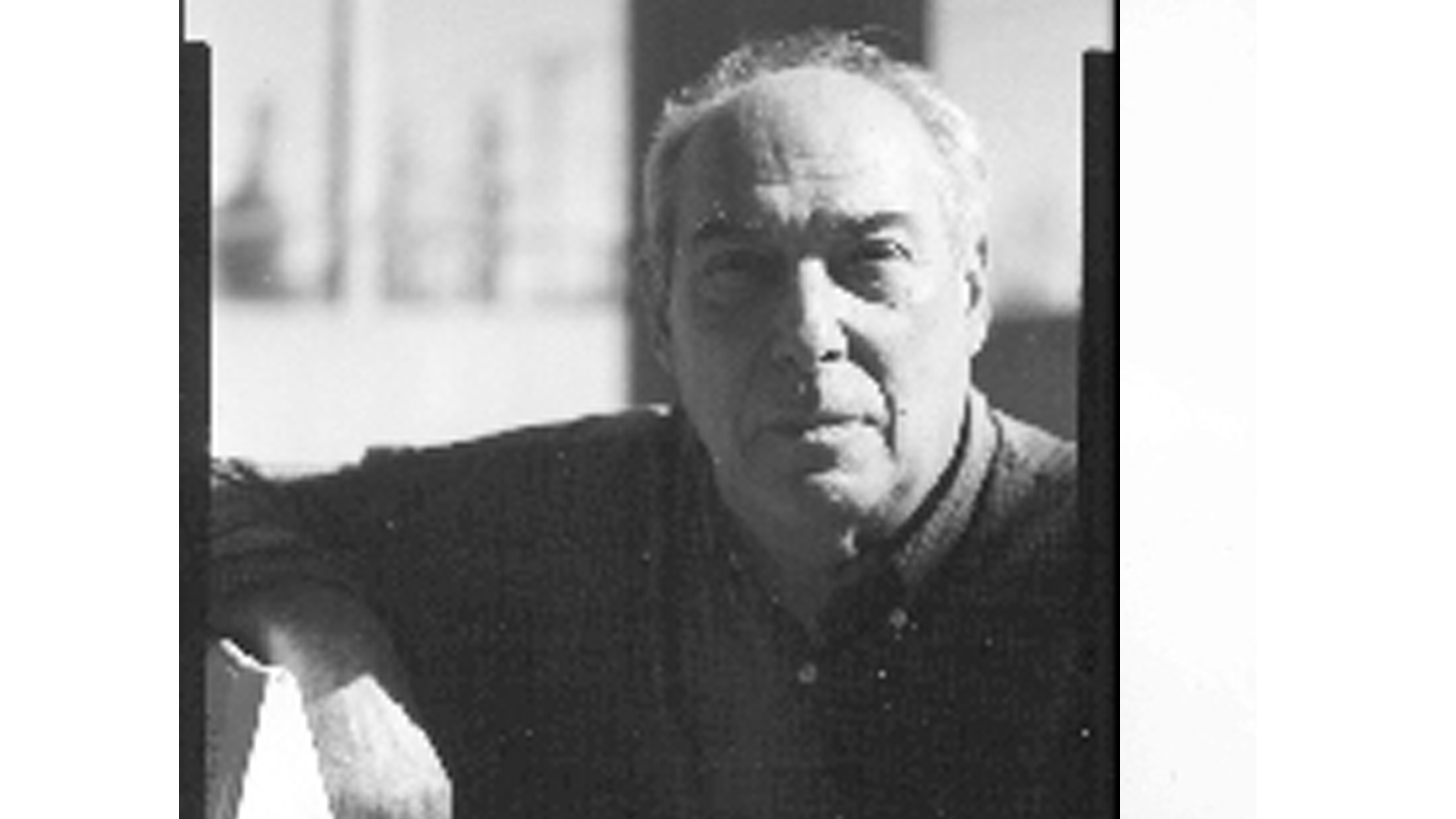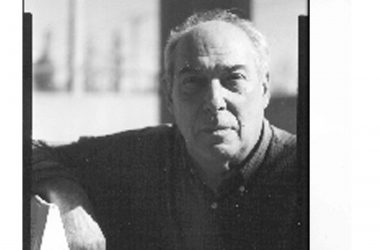By Noel Ignatiev
I recently read an essay by Alain Badiou, “Tunisia and Egypt: The universal Significance of the Popular Uprisings,” originally published in Le Monde on February 18, 2011. I have my problems with Badiou: no need to go into them here. Excerpts follow:
What the Egyptian and Tunisian peoples are reminding us is that the only action commensurate with a shared sense of the scandalous occupation of state power is a mass uprising. And that in this instance the only slogan which can unite the disparate components of the crowd is: ‘You there, clear off!’ The exceptional importance of the revolt in this instance, its critical power, consists in the fact that the slogan repeated by millions of people gives us an idea of what will be – unquestionably, irreversibly – its initial victory: the flight of the man thus referred to. And whatever happens thereafter, this triumph of popular action, which is inherently illegal, will have been eternally victorious. Now, that a revolt against state power can be absolutely victorious is a teaching of universal significance. . . .
Starting from virtually nothing, resonating everywhere, the popular uprising creates unheard-of possibilities for the whole world. The word ‘democracy’ is practically unspoken in Egypt. People there refer to the ‘new Egypt’, the ‘real Egyptian people’, a constituent assembly, an absolute change in existence, possibilities that are unprecedented and previously unknown. . . .
How is it, all of a sudden, that hundreds of thousands of rebels are representative of a population of 80 million? . . . In the occupation of a square, there are the problems of food, sleeping arrangements, guards, banners, prayers, defensive actions, so that the site where everything is happening – the site that constitutes a symbol – is guarded for its people, at all costs. Problems which, at the level of hundreds of thousands of people who have come from all over, seem insoluble – and all the more so inasmuch as in this square the state has disappeared. . . .
The uprising possesses in a very pure form – no doubt the purest since the Paris Commune – all the features of what must be called a movement communism. ‘Communism’ means here: the creation in common of the collective destiny. This ‘common’ has two particular features. Firstly, it is generic, representative in a site of humanity as a whole. In this site there is to be found every variety of person of whom a people is composed; every speech is listened to, every proposal examined, and every difficulty dealt with for what it is. Secondly, it overcomes all the major contradictions that the state claims it alone can manage, without ever transcending them: between intellectuals and manual workers, men and women, poor and rich, Muslims and Copts, people from the provinces and people from the capital, and so on. Thousands of new possibilities arise in connection with these contradictions at every instant, to which the state – any state – is utterly blind. We see young female doctors from the provinces care for the wounded, sleeping among a circle of fierce young men; and they are calmer than they were before, knowing that no one will harm a hair of their head. We also see an organization of engineers addressing young people from the suburbs, begging them to hold the square, to protect the movement through their energy in the fight. We further see a row of Christians on the lookout, standing guard over Muslims bent in prayer. We see shopkeepers feeding the unemployed and the poor. We see everyone talking to neighbors they do not know. We read a thousand placards where each person’s life joins in the History of all, without any hiatus. The set of these situations, these inventions, constitutes movement communism. For two centuries now the sole political problem has been this: How are we to make the inventions of movement communism endure? And the sole reactionary statement remains: ‘That is impossible, even harmful. Let us put our trust in the state’. . . .
The task for today is to draw a clear line between Movement Communism and all efforts to “work within the system.”
In pursuit of that goal, and until the time comes when by voting Socialist I can actually achieve socialism, I vow not to engage in any discussion of whether one party or candidate is worse than another, whether to work for Democrats, whether it makes a difference which Democrat one works for, whether activists should limit their electoral efforts to Socialist candidates, or any electoral questions. I take this vow not because I am blind to differences among parties and candidates, or because I am deaf to the claim that electoral work can help build a movement (although not Movement Communism), but because I am convinced that to discuss these questions at this time blurs the line I want to draw. Furthermore, since I believe that for most people whether or how they vote is probably the least important decision they make every few years, and that most of them know it and will recover their sense of reality as soon as the “silly season” is over, I also vow not to argue with anyone about voting.
I acknowledge that at this moment my stance consists largely of negation; local examples of Movement Communism are few, scattered, and unpersuasive. (The closest is Ferguson.) Nonetheless, this is a start.



